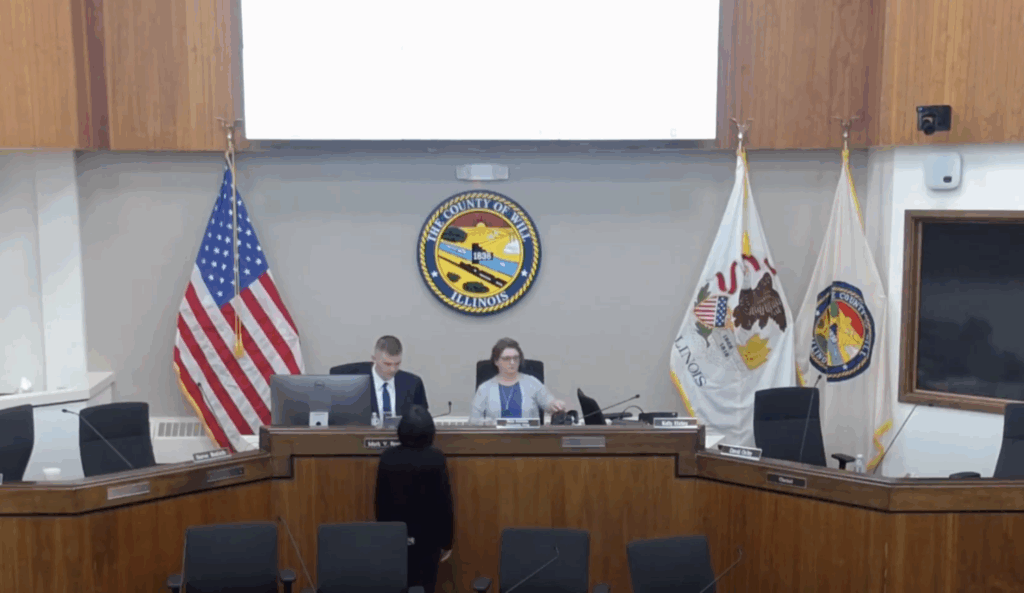
S&P keeps U.S. outlook stable, but says federal finances won’t improve
A top-credit rating agency decided to keep its outlook for U.S. credit stable, but said the federal government’s financial position “won’t meaningfully improve” in the coming years.
S&P Global Ratings said spending is expected to outpace revenue, with Congress continuing a multi-decade practice of deficit spending despite warnings from within the government that the U.S. remains on an unsustainable fiscal path.
Congress is expected to continue with annual deficits, S&P noted.
“We don’t expect the deficit to decline to the Treasury’s stated goal of a 3% deficit over time,” analysts wrote. “To date, in our view, broad, bipartisan support on proactive measures to meaningfully lower high fiscal deficits and curtail the rise in government debt remains elusive, and this affects creditworthiness.”
Late Monday, S&P Global Ratings affirmed its ‘AA+’ long-term and ‘A-1+’ short-term ratings on the U.S. In May, the U.S. federal government lost its final ‘AAA’ rating after Moody’s knocked down the U.S. credit rating to AA1, projecting Congress won’t be able to reduce the nation’s growing debt. Moody’s was the last credit-rating agency to keep the U.S. at a top AAA rating. Fitch Ratings downgraded the U.S. in 2023 and S&P Global Ratings did so 2011.
Republicans control all the levers of the federal government, holding narrow majorities in the House and Senate. For decades, the party has called for reducing federal spending, but has struggled to do so in the six months since President Donald Trump returned to the White House.
Trump said his Department of Government Efficiency would be the government cost-cutting equivalent of the “Manhattan Project.” Trump’s DOGE initially aimed to cut $2 trillion from the federal budget. Former DOGE boss Elon Musk later cut that estimate in half. At a Cabinet meeting in April, Musk said the group was on pace to cut $150 billion from the federal budget.
Congress passed a massive tax cut and spending bill earlier this year, expected to add $4.1 trillion to the national debt by 2034, mostly from the permanent extension of key tax provisions in the 2017 Tax Cuts and Jobs Act.
Trump’s tariff revenue will help offset some of the costs, S&P Global said.
“Amid the rise in effective tariff rates, we expect meaningful tariff revenue. At this time, it appears that meaningful tariff revenue has the potential to offset the deficit-raising aspects of the recent budget legislation,” analysts for S&P Global wrote. “We do not think that legislation, in itself, will reduce the deficit. It contains some significant spending cuts, namely on Medicaid, but also raises spending elsewhere, notably for defense and border security.”
Congress has run a deficit every year since 2001.
Latest News Stories

Will County’s Major Capital Projects Hit Key Milestones, VAC Buildout on “Aggressive Schedule”

County Board Approves 2026-2031 Transportation Plan Despite Project Opposition

Contentious I-3 Rezoning for DuPage Township Storage Yard Narrowly Advances

Manhattan modernizes investment policies, check-signing procedures

Will County Legislative Committee July 1 Meeting Briefs

County Moves Forward with $200.8 Million Bond Refinancing Plan

Access Will County Dial-a-Ride Program Sees Record Growth, Eyes Expansion

Will County to Launch New Public Meeting Agenda System in August Amidst Data Conversion Concerns

Green Garden Township Poised for First Major Subdivision in Years After Rezoning

Village approves street lighting, water line extensions

County RNG Facility Shows Strong Performance Despite Solar Challenges

PZC Briefs: Solar Farm in Crete, Post-Fire Permit for Troy Business, and More
